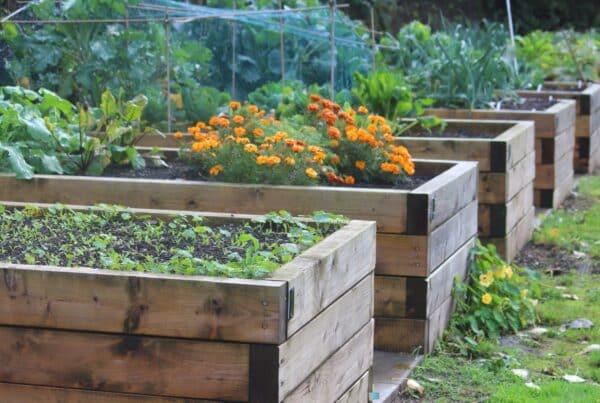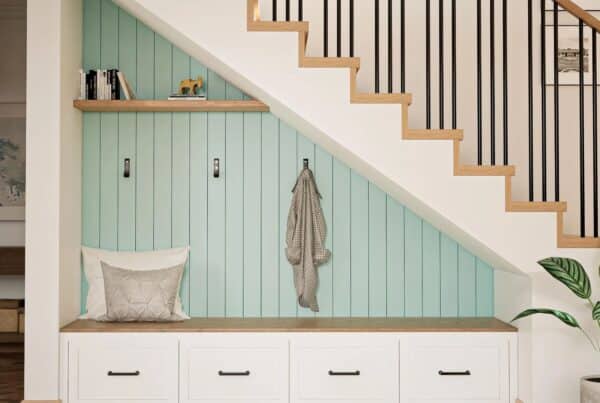
When it comes to your home, the little details often have the biggest impact. Door knobs may seem like a minor feature, but they play a crucial role in your home’s functionality, security, and style. Whether it’s ensuring smooth operation or enhancing your home’s aesthetic, they deserve attention.
In this blog post, we’ll dive into everything you need to know about door knobs, from their types to their maintenance and role in home inspections.
Types of Door Knobs
Choosing the right door knob can be overwhelming given the variety of options available. Here’s a breakdown of the main types:
Interior vs. Exterior Door Knobs
- Interior Door Knobs: Passage knobs are ideal for doors that don’t require locking, such as hallways and closets, while privacy knobs come with built-in locks that are perfect for bathrooms and bedrooms. Dummy knobs are primarily decorative and are often used for cabinets or doors that don’t need latching.
- Exterior Door Knobs: These are specifically designed for durability and security. They often include locking mechanisms to enhance your home’s protection and are suitable for front and back doors.
Knob Styles and Materials
- Popular Styles: Traditional styles offer a classic look, modern styles emphasize sleek lines and simplicity, vintage designs add character to older homes, and farmhouse styles bring a rustic charm to any space.
- Common Materials: Brass is known for its classic and durable qualities, stainless steel provides a sleek and rust-resistant option, glass offers an elegant and timeless aesthetic, and porcelain adds a vintage touch to your decor.
Specialty Door Knobs
- Smart Door Knobs: These knobs provide advanced features like keyless entry, remote locking capabilities, and integration with smart home systems, making them a great option for tech-savvy homeowners.
- ADA-Compliant Knobs: These are designed to meet accessibility standards, ensuring ease of use for people with disabilities or limited mobility.
- Childproof Knobs: These knobs add an extra layer of safety by preventing young children from opening doors easily, offering peace of mind to families.

Importance of Door Knobs in Home Inspections
Home inspectors pay close attention to door knobs because they can reveal underlying issues related to safety, security, and functionality. Here’s what they look for:
- Function: Inspectors ensure that door knobs turn smoothly, latch correctly, and are free from damage. A functional knob contributes to the overall usability of your home.
- Security: Exterior knobs are checked for wear and tear, rust, or weakened locks that could compromise your home’s safety. Replacing compromised knobs ensures proper security.
- Safety: Knobs are evaluated for emergency exit functionality, and inspectors verify that locks work properly to ensure the safety of occupants in critical situations.
Maintenance and Replacement Tips
Proper maintenance of door knobs can extend their lifespan and keep them looking and working like new. Here are some tips:
How to Maintain Door Knobs
Regularly clean your door knobs using a soft cloth and a mild cleaner that’s suitable for the material. For example, brass knobs may benefit from a specialized brass cleaner to maintain their shine.
Apply a silicone-based lubricant to the internal mechanism to ensure smooth operation and prevent squeaking or sticking.
Inspect door knobs periodically for signs of wear or looseness, tightening screws or replacing worn components as necessary.
When to Replace a Door Knob
If a door knob becomes difficult to turn, feels loose or wobbly, or shows signs of rust or corrosion, it’s time for a replacement. Additionally, consider updating outdated styles to better match your decor.
Upgrading to modern or smart knobs can also enhance both the security and convenience of your home, offering features like keyless entry or remote locking.

Choosing a Door Knob Type
Selecting the right door knob involves balancing style, functionality, and durability. Here’s what to keep in mind:
- Match Your Home’s Style: Coordinating your door knobs with your home’s interior design can enhance its overall appearance. For example, vintage glass knobs complement traditional homes, while sleek stainless steel options suit modern interiors.
- Consider Durability: For high-traffic areas, choose materials like stainless steel or brass that can withstand frequent use and environmental wear.
- Smart Knob Options: Keyless entry systems and remote access features make smart knobs a practical and innovative choice for modern homeowners who prioritize convenience and security.
Common Issues Found During Inspections
During home inspections, common door knob problems include:
- Loose Door Knobs: This issue often arises from worn screws or improper installation. Homeowners can usually fix this by tightening the screws or replacing damaged components.
- Misaligned Latches or Locks: Misalignment can make doors difficult to close or secure properly. Adjustments to the latch or strike plate can resolve this, but severe misalignment may require professional assistance.
- Rust or Corrosion: Exterior door knobs are particularly susceptible to rust and corrosion, which can compromise both security and aesthetics. Regular cleaning and maintenance can help prevent this, but severely corroded knobs should be replaced.
DIY vs. Professional Help
Simple repairs like tightening loose screws can help stabilize a wobbly door knob. Before securing the screws, ensure all components are properly aligned to avoid further issues. Cleaning and polishing door knobs is another task homeowners can handle easily, especially if knobs have accumulated dirt or tarnish over time.
Replacing a damaged or outdated knob is straightforward with basic tools and a step-by-step guide, provided the replacement knob is compatible with your door’s specifications.
If you need to rekey locks for added security, a locksmith can ensure the job is done correctly and securely. Structural issues with the door frame or significant misalignment of the latch often require professional expertise to resolve effectively. Similarly, installing smart door knobs, which may involve technical setup and configuration, is best handled by someone experienced with smart home technology.
Conclusion
Door knobs may seem like a small detail, but they have a significant impact on your home’s security, functionality, and design. Regular maintenance, thoughtful selection, and proper installation can make all the difference.
If you’re unsure about the condition of your door knobs, a professional home inspection can provide valuable insights.



